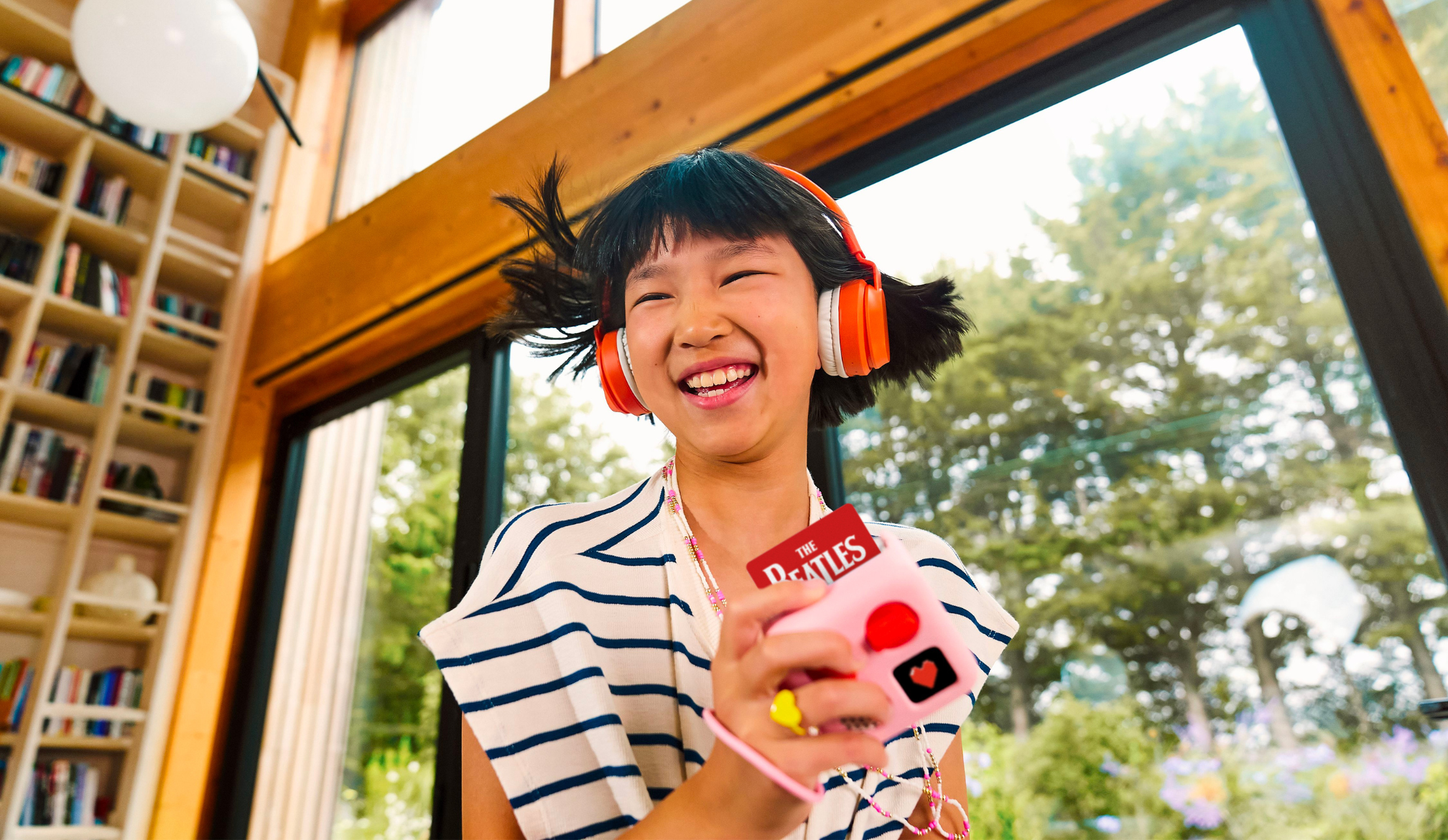Australian students spend more time learning to write on paper than computers – does this need to change?
- Written by Anabela Malpique, Senior Lecturer in Literacy, Edith Cowan University

Writing using computers is a vital life skill. We are constantly texting, posting, blogging and emailing.
This is a huge change for schools when it comes to teaching writing. For students, learning how to write on a computer is crucial. National literacy tests are now administered online in many countries, including Australia’s NAPLAN.
The rise of AI tools such as ChatGPT still require students to become expert writers so they can prompt the technology and judge the quality of its products[1].
However, despite its importance, our new research shows typing and word processing skills[2] are often not explicitly taught in primary schools.
Why is it so important to learn how to write on a computer?
Research[3] suggests teaching typing and word processing skills should start in primary school, much like writing with pen and paper.
There is no evidence-based recommendation for specific ages to start[4], but it should also be taught as schools introduce students to computers[5]. This is crucial to avoid incorrect key locations and hand and finger positions, which are difficult to correct later.
This is not necessarily a skill children will pick up naturally. Research shows children who are explicitly taught typing and word processing together write longer and better computer-based texts[6] than those who have not been taught.
Our study
Despite computers being introduced to classrooms in the 1990s[7], there is little information about how typing and word processing are being taught in Australian schools.
In the first national study[8] of its kind, we surveyed 340 Australian primary teachers from government, Catholic and private sectors across all states and territories about computer-based writing.
There’s no recommended amount for teaching computer-based writing. However, recommendations[9] for teaching writing overall are to spend at least one hour per day on writing skills.
Similar to previous overseas studies[10], teachers in our study spent significantly more time teaching paper-based writing than computer-based writing skills. Overall, students spent an average of 143 minutes per week writing texts using paper and pen or pencil. They spent an average of 57 minutes per week writing using a digital device.
The explicit teaching of keyboard use received an average of nine minutes per week, compared to 31 minutes for handwriting.
Teaching computer-based writing skills was less frequent among teachers of years 1 to 3, when compared with years 4 to 6.
What are the barriers?
We also asked teachers whether they thought it was important to teach computer-based writing skills. More than 98% agreed it was important to teach keyboarding and word-processing skills. About 40% of respondents said specialised lab assistants should be available to help teach students in the junior primary years.
But teachers reported there were no official programs to teach typing and computer-based writing in their schools. As one told us:
it’s not consistent in my school and most instruction is ad hoc/entirely up to the teacher […]
Teachers also reported a lack of access to keyboards to teach computer-based writing skills. Only 17% said their students had access to devices with external keyboards (keyboards separate to the screen) in the classroom.
When asked about their confidence to teach computer-based writing skills, most teachers (74%) said they had not been adequately prepared during their teacher education. Most (84%) reported they had little confidence teaching their students how to create texts using digital devices. As one teacher said:
much more training needs to happen for us to learn how to teach computer-based writing (not just keyboarding).
What now?
Our research suggests we need three key changes to better support young Australian students to learn how to type and write on a keyboard.
Resourcing: schools need adequate technology to teach computer-based writing. Research[11] indicates uneven access to laptops and keyboards across Australian classrooms is creating an equity divide in the teaching of digital writing.
Professional learning: teachers need evidence-based strategies[12] to teach computer-based writing through meaningful, ongoing professional learning opportunities.
Curriculum changes: the school curriculum should integrate computer-based writing skills from early grades, including keyboard accuracy and speed and higher-order writing processes like planning and revising.
We know writing supports thinking and learning[13]. It is also one of the key skills students learn at school. Primary students must be supported to develop computer-based writing skills so they can be skilful writers in our increasingly digital world.
References
- ^ quality of its products (www.academia.edu)
- ^ typing and word processing skills (link.springer.com)
- ^ Research (doi.org)
- ^ specific ages to start (doi.org)
- ^ schools introduce students to computers (eric.ed.gov)
- ^ computer-based texts (doi.org)
- ^ introduced to classrooms in the 1990s (www.google.com.au)
- ^ national study (link.springer.com)
- ^ recommendations (www.edresearch.edu.au)
- ^ previous overseas studies (doi.org)
- ^ Research (research-repository.griffith.edu.au)
- ^ evidence-based strategies (www.tandfonline.com)
- ^ writing supports thinking and learning (www.tandfonline.com)

















